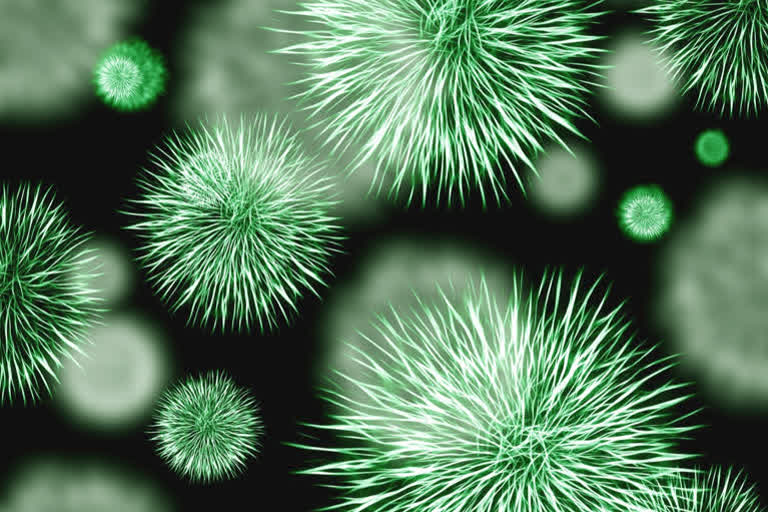Hyderabad: You must have heard a lot about infections, especially the one that is widespread in the world right now, COVID-19, caused by a virus. But not all infections are caused due to viruses, some are caused by bacteria as well. So what is the difference between Bacterial and Viral infections?
Dr M.V. Rao, Consultant Physician at Yashoda Hospital, Hyderabad says, “Bacteria are independent living organisms, whereas viruses are dependent. Viruses use a human, plant or animal cell to replicate. Viruses are very small in comparison to bacteria and are basically parasites. They come alive only when they come in contact with a cell. Bacteria can be either good or bad and not all bacteria cause infection”.
Some common Viral infections are: COVID-19, Influenza, HIV, Ebola, Common cold, Chickenpox, Measles
Some common Bacterial infections are: Cholera, Tuberculosis, Pneumonia, UTIs, Eye infections, Strep throat
Infections can be different and be caused by viruses or bacteria, but the way they can be transmitted from one person to another are more or less similar. Dr. Rao tells us that these infections can be spread in the following manner:
- Close physical contact with the infected person
- Through blood and body fluids, especially after sexual contact
- Water droplets in the air due to coughing or sneezing
- Coming in contact with the contaminated surfaces or objects and then touching face, nose or mouth
- Through fecal-oral route
To diagnose the infection, culture tests are conducted, where samples of blood, mucus, urine, stool, etc. may be collected. Once the infection is diagnosed, the following question that arises is how can it be treated? Dr. Rao explains, “Bacterial infection can be treated with Antibiotic drugs, while viral infections can be treated with Antiviral drugs, but most of them are specific to that particular virus only. Therefore, a lot of antiviral drugs and vaccines are now also being developed. Vaccine is the most effective way to prevent any infection”.
But as they say, 'Prevention is better than cure', the best way to save yourself from any infection is to maintain proper personal hygiene and get vaccinated. In case you experience any symptoms, consult a doctor and stay home in case you are infected, to help curb the spread of the infection.
Also, read: Hyderabad: Coronavirus infused lockdown overshadows the sheen of Ramzan



